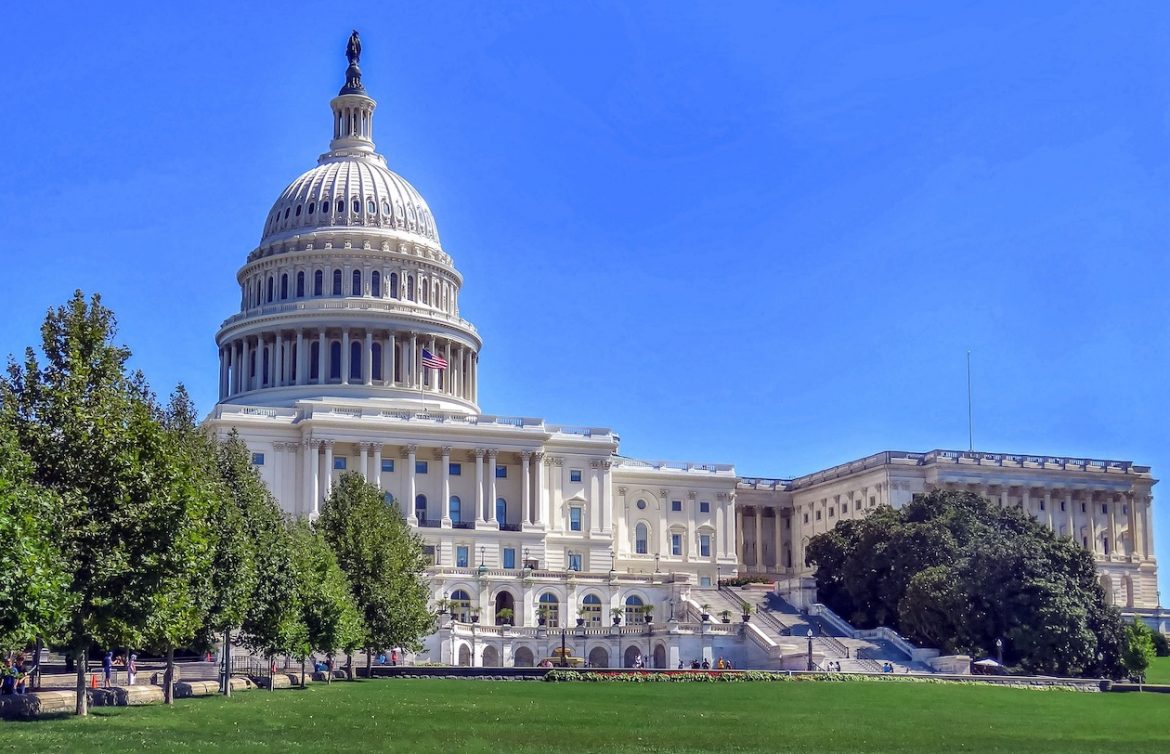Top legal officers and a former regulator are slated to testify in front of US congressional committees on Wednesday to unpack digital asset regulation following ongoing tension between the industry and federal agencies.
The House Financial Services Subcommittee on Digital Assets, Financial Technology and Inclusion together with the House Agriculture’s Commodity Markets, Digital Assets and Rural Development subcommittee will meet at 9:30 a.m. ET.
They will hear from Kraken’s Chief Legal Officer Marco Santori and former Commodity Futures Trading Commission Chair Timothy Massad.
Santori said he plans to explain how regulators can improve how they regulate with crypto.
“I’ll explain why the US situation is untenable, how other countries are speeding ahead, and how we can improve the way regulators interact with crypto,” Santori tweeted on Tuesday.
Santori also said Congress needs to give regulators the tools to “foster safe, efficient markets or to protect consumers.”
“Today’s environment of endless litigation doesn’t protect consumers. It doesn’t allow companies like Kraken to plan for the future. It doesn’t allow us to invest, hire, or allocate time effectively,” Santori said
A new approach
Massad, who will also testify, is calling for Congress to take an approach to regulate crypto through directing the Securities and Exchange Commission to develop joint rules.
Those rules could be developed by creating a new self-regulating organization supervised by both the agencies, Massad said in prepared testimony.
That organization could also be charged with enforcing the rules, he said.
“I believe this approach has several advantages. It is simple. It focuses on the core of the problem. It is practical and feasible. It can be implemented quickly and efficiently. It does not rewrite existing law in ways that may create more confusion than clarity. And it is incremental,” Massad said.
Who else is testifying?
Andrew Durgee, head of global technology firm Republic; Matthew Kulkin, partner at Wilmer Cutler Pickering Hale and Dorr LLP; and Daniel Schoenberger, chief legal officer at Web3 Foundation will also testify.
Durgee warned in written testimony that the U.S. risks falling behind other countries.
“The lack of clear and supportive regulation in the United States may deter businesses and investors from engaging in the domestic digital asset market, which could have several adverse consequences,” Durgee said.
Top legal officers and a former regulator are slated to testify in front of US congressional committees on Wednesday to unpack digital asset regulation following ongoing tension between the industry and federal agencies.
The House Financial Services Subcommittee on Digital Assets, Financial Technology and Inclusion together with the House Agriculture’s Commodity Markets, Digital Assets and Rural Development subcommittee will meet at 9:30 a.m. ET.
They will hear from Kraken’s Chief Legal Officer Marco Santori and former Commodity Futures Trading Commission Chair Timothy Massad.
Santori said he plans to explain how regulators can improve how they regulate with crypto.
“I’ll explain why the US situation is untenable, how other countries are speeding ahead, and how we can improve the way regulators interact with crypto,” Santori tweeted on Tuesday.
Santori also said Congress needs to give regulators the tools to “foster safe, efficient markets or to protect consumers.”
“Today’s environment of endless litigation doesn’t protect consumers. It doesn’t allow companies like Kraken to plan for the future. It doesn’t allow us to invest, hire, or allocate time effectively,” Santori said
A new approach
Massad, who will also testify, is calling for Congress to take an approach to regulate crypto through directing the Securities and Exchange Commission to develop joint rules.
Those rules could be developed by creating a new self-regulating organization supervised by both the agencies, Massad said in prepared testimony.
That organization could also be charged with enforcing the rules, he said.
“I believe this approach has several advantages. It is simple. It focuses on the core of the problem. It is practical and feasible. It can be implemented quickly and efficiently. It does not rewrite existing law in ways that may create more confusion than clarity. And it is incremental,” Massad said.
Who else is testifying?
Andrew Durgee, head of global technology firm Republic; Matthew Kulkin, partner at Wilmer Cutler Pickering Hale and Dorr LLP; and Daniel Schoenberger, chief legal officer at Web3 Foundation will also testify.
Durgee warned in written testimony that the U.S. risks falling behind other countries.
“The lack of clear and supportive regulation in the United States may deter businesses and investors from engaging in the domestic digital asset market, which could have several adverse consequences,” Durgee said.
